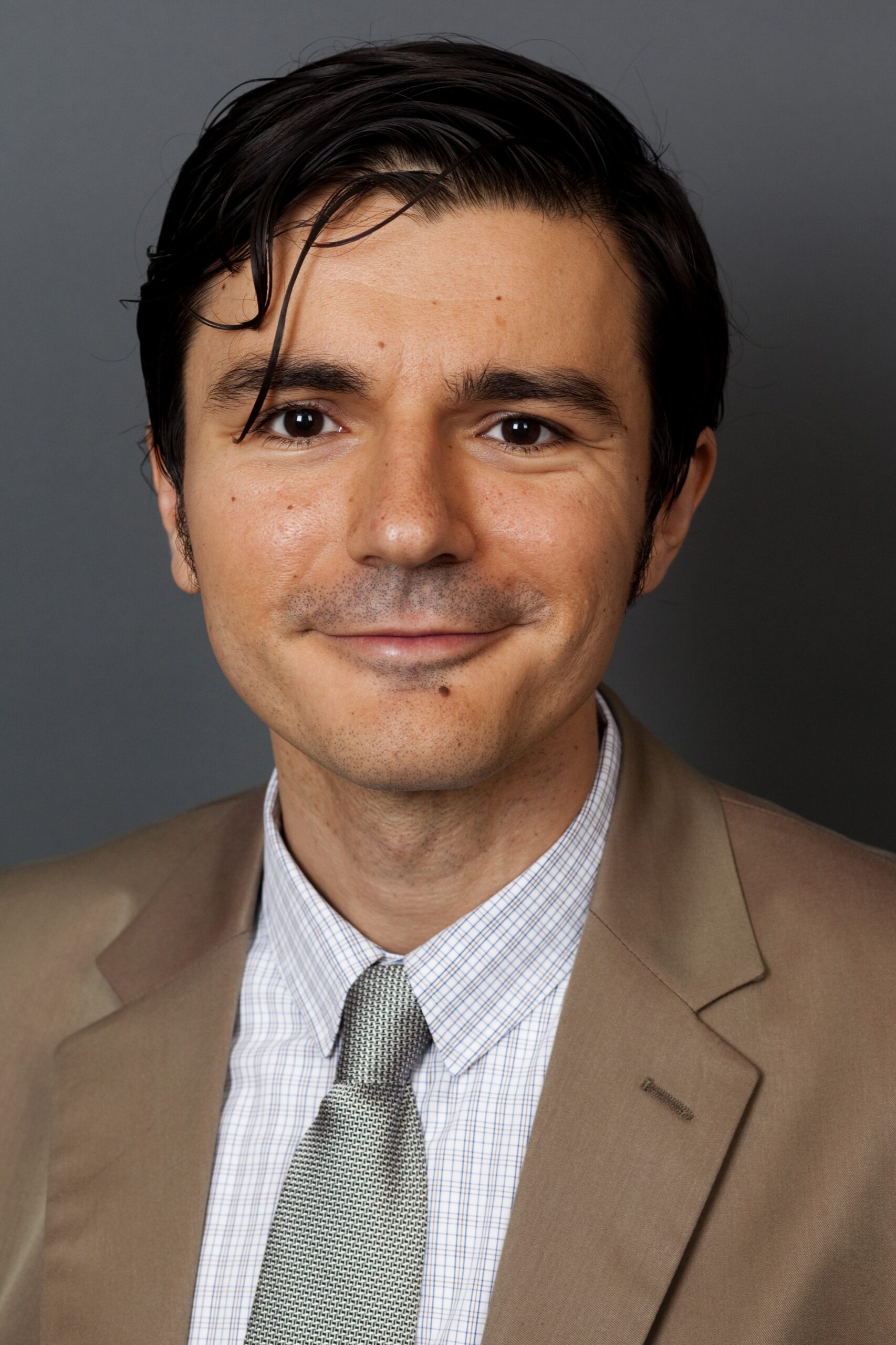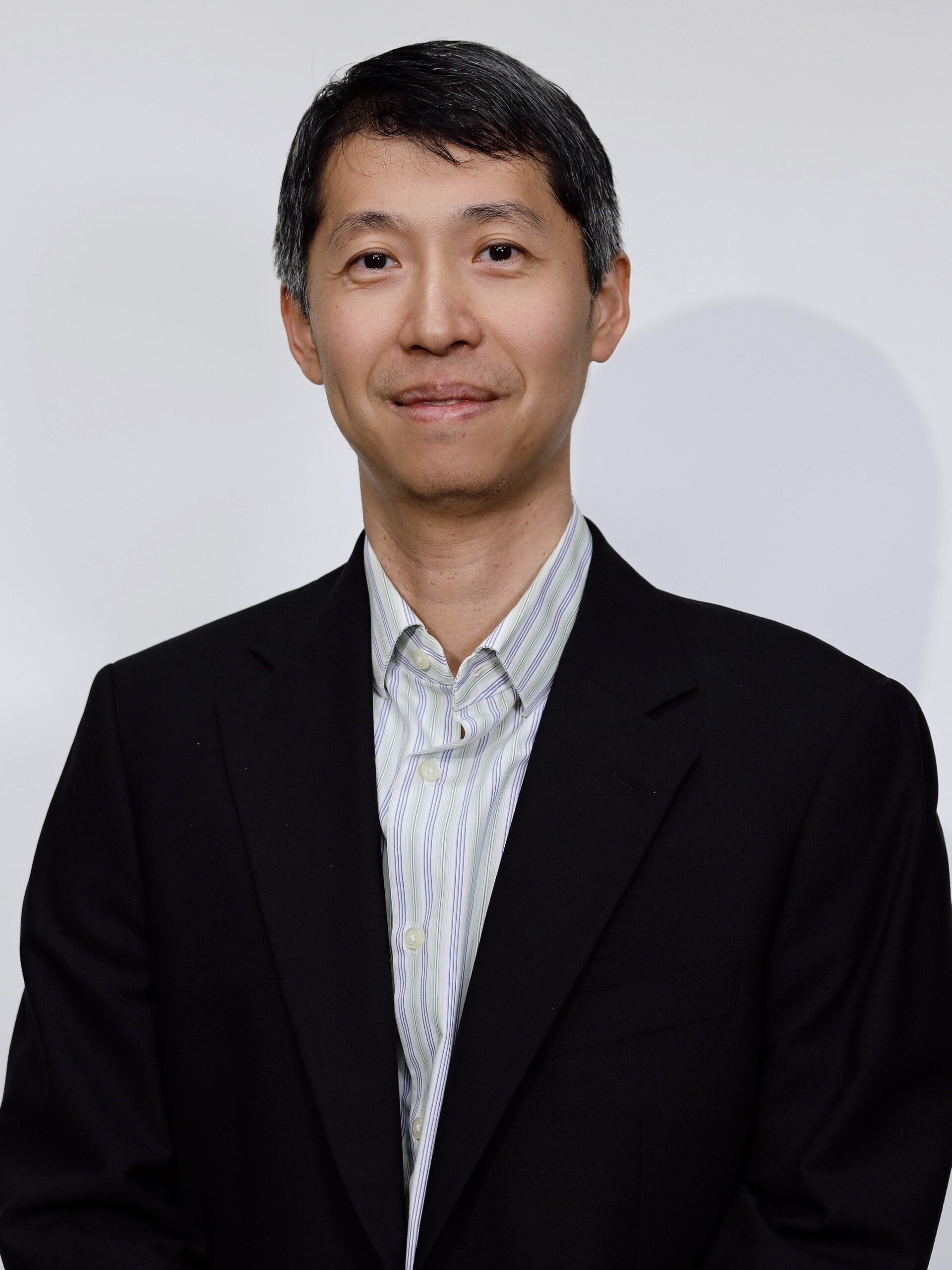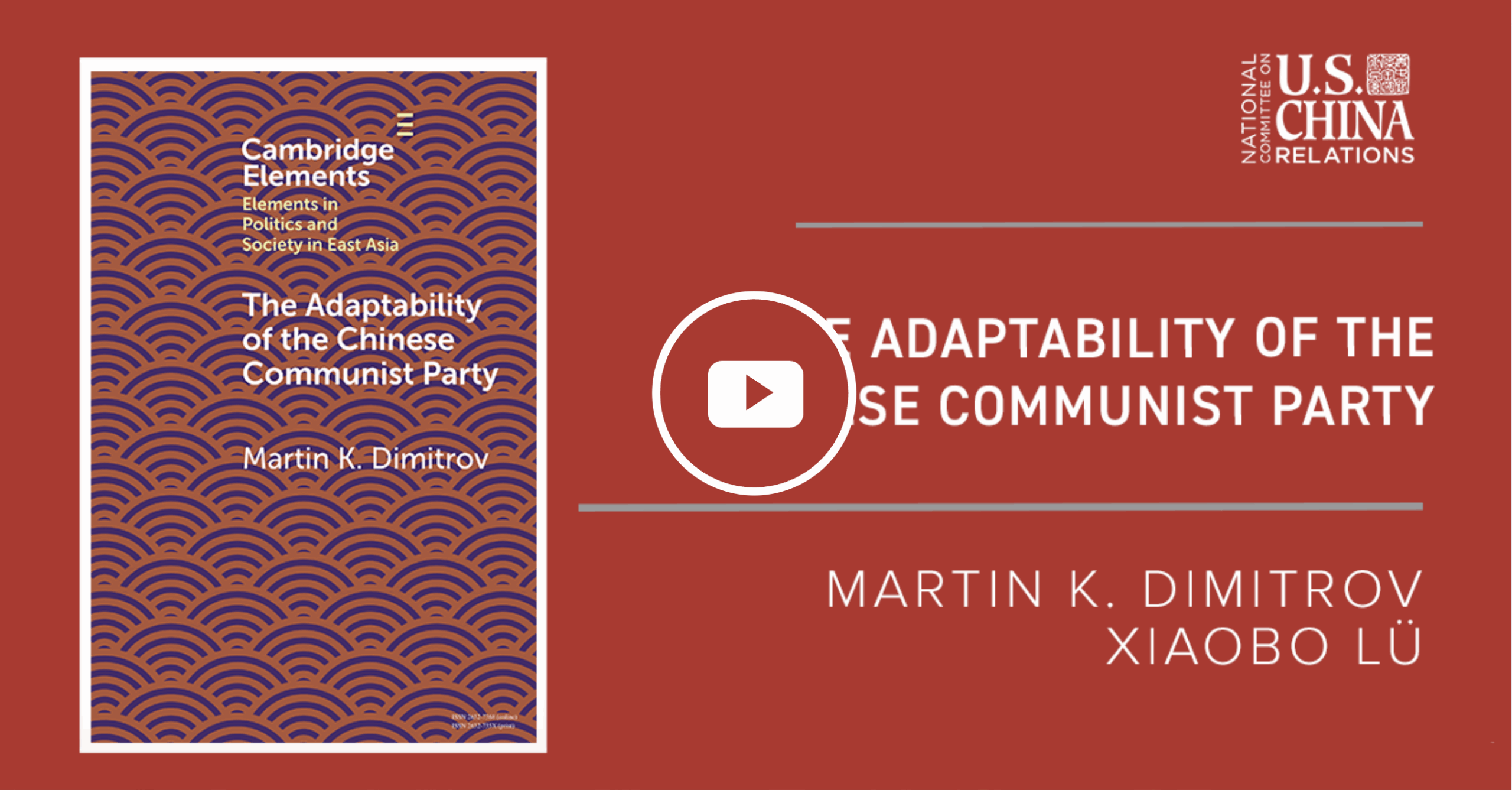Thursday, August 28, 2025 | 2:00 PM EDT
The Chinese Communist Party (CCP) is more than 100 years old. How has the party survived to date? Is its survival sustainable in the future? In The Adaptability of the Chinese Communist Party, Martin Dimitrov argues that the CCP has displayed the capacity for adaptation throughout its history by evaluating changes and taking adaptive measures in response. Although its actions have enabled the CCP to survive thus far, they are reaching their limit. As adaptation stagnates, the strategy has been to increase repression, which creates doubt about the ongoing viability of single-party rule.
In an interview conducted on August 28, 2025, Martin Dimitrov, in conversation with Xiaobo Lü, explores how the CCP has adapted, and how such adaptation may – or may not – continue in the future.
Speaker

Martin K. Dimitrov
Martin K. Dimitrov is the Livingston Family Chair in Political Science and chair of the department of political science at Tulane University. He is also an associate at the Davis Center for Russian and Eurasian Studies at Harvard; associate editor for Asia of the journal Problems of Post-Communism; and associate editor for Inner Asia of The Journal of Asian Studies. His books include Piracy and the State: The Politics of Intellectual Property Rights in China (2009); Why Communism Did Not Collapse: Understanding Authoritarian Regime Resilience in Asia and Europe (2013); The Politics of Socialist Consumption (2018); Dictatorship and Information: Authoritarian Regime Resilience in Communist Europe and China (2023); and The Adaptability of the Chinese Communist Party (2024). He is a member of the NCUSCR Public Intellectuals Program.
Dr. Dimitrov received his Ph.D. from Stanford, and has conducted fieldwork in China, Taiwan, France, the Czech Republic, Germany, Russia, Bulgaria, and Cuba.
Moderator

Xiaobo Lü
Xiaobo Lü is an associate professor of political science at the University of California, Berkeley. His research explores the relationships between fiscal policies, party-building, and state-society relations in authoritarian regimes, particularly in China. He is also interested in the roles of elites in the organizational evolution and functioning of authoritarian institutions, such as political parties and legislatures, in both historical and contemporary contexts. He is the author of Domination and Mobilization: The Rise and Fall of Political Parties in China’s Republican Era (Cambridge University Press, 2025). His work has appeared in leading journals such as the American Political Science Review, American Journal of Political Science, and Comparative Politics Studies.
Previously, Dr. Lü served at the University of Texas, Austin (2014-2025) and Texas A&M University (2011-2014). In 2019-2020, he was the W. Glenn Campbell and Rita Ricardo-Campbell National Fellow at Hoover Institution. He received his Ph.D. in political science from Yale University.
